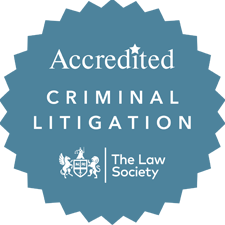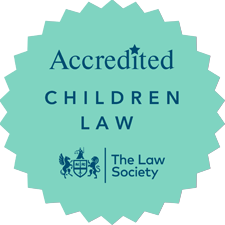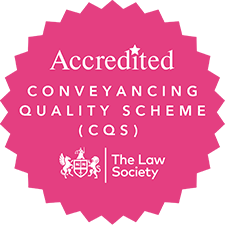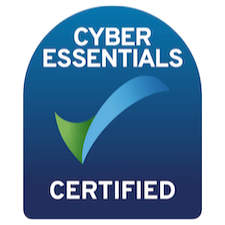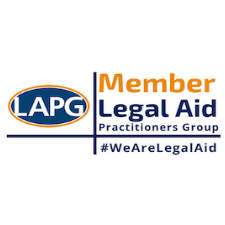If you have been caught sitting behind the wheel drunk or even near your car after drinking, you might wonder if you are committing an offence. UK law allows the police to charge you with being drunk in charge of a motor vehicle, even if you were not driving.
Understanding the legal implications, possible defences, and potential consequences is crucial.
Can I be arrested for sitting in my car drinking?
Yes. If you are sitting in the driver’s seat or even close to your car in a way that suggests you were about to drive, you can be arrested for being drunk in charge of a vehicle.
The police can act if they believe you:
- Had consumed enough alcohol to exceed the legal limit.
- Were in control of the vehicle and could potentially drive it.
Can I be arrested for drunk in charge if I haven’t driven my car?
Yes, you can be arrested for being drunk in charge of a motor vehicle even if you were not seen driving. This offence differs from drink driving, where the police must prove you were driving.
If you test positive for alcohol on a roadside breath test or appear intoxicated, the police may arrest you under suspicion of being in charge of the vehicle while over the legal limit.
What is drunk and in charge?
Being drunk and in charge of a vehicle means you were in control of a motor vehicle in a public place while over the legal alcohol limit.
The offence is defined under Section 5 of the Road Traffic Act 1988:
“A person who drives or attempts to drive a motor vehicle on a road or other public place or is in charge of a motor vehicle on a road or other public place, after consuming so much alcohol that the proportion of it in their breath, blood or urine exceeds the prescribed limit, is guilty of an offence.”
The prosecution must prove that:
- You were in charge of the vehicle.
- You were over the legal alcohol limit.
Am I guilty of drunk in charge if I wasn’t going to drive?
No, not necessarily. To convict you, the court must believe you intended to drive the vehicle while over the limit. If you can demonstrate that you had no intention of driving, you may have a defence to the charge.
You would need to provide evidence, such as:
- Why you were in the car (e.g., waiting for a lift).
- Your plans to sober up before driving.
We can advise you on presenting this defence effectively.
Is it illegal to sleep in your car drunk in the UK?
Sleeping in your car while over the alcohol limit can still lead to a charge of being drunk in charge of a vehicle. Even if you had no intention of driving, the law considers you to be “in charge” of the vehicle.
To avoid arrest or prosecution, you would need to prove:
- You had no intention of driving until you were sober.
- You had taken reasonable steps, such as leaving the keys outside the car.
Is there a defence to drunk in charge?
Yes, there is a defence if you can show that you had no intention of driving while over the legal limit.
At trial, you would give evidence to explain your circumstances and plans. If the court accepts that you had no intention to drive, you will be found not guilty.
Sometimes, expert evidence is needed to calculate whether you would have been under the legal limit by the time you intended to drive.
Do you need an expert in a drunk in charge case?
In some cases, yes. An expert may be instructed to perform a back calculation to demonstrate that you would have been under the legal limit by the time you planned to drive.
This evidence can be vital to your defence and could lead to a not guilty verdict.
What sentence will I get for being drunk in charge?
If convicted of being drunk in charge of a vehicle, the court has the power to impose:
- A maximum fine of up to £2,500.
- A custodial sentence of up to 3 months, depending on the severity of the offence.
The court will consider factors such as:
- Your alcohol reading.
- Your level of control over the vehicle.
Is drunk in charge an automatic ban?
No, being drunk in charge does not result in an automatic driving ban. Instead, the court has discretion to either:
- Impose 10 penalty points on your licence.
- Disqualify you from driving, depending on the circumstances.
For example, if your alcohol reading was high or you posed a significant risk, the court may choose disqualification. However, with a clean licence, points may be applied instead.
How can Johnson Astills help?
At Johnson Astills, our expert criminal defence solicitors are highly experienced in representing clients accused of being drunk in charge of a vehicle.
We can assist you by:
- Reviewing the evidence against you.
- Advising you on your defence options, including proving you had no intention to drive.
- Instructing experts where necessary to provide vital evidence for your case.
- Representing you in court to achieve the best possible outcome.
Contact us today for advice or to find out more about our services by giving us a call at your local branch in Leicester or Loughborough, or by filling in our online enquiry form.


